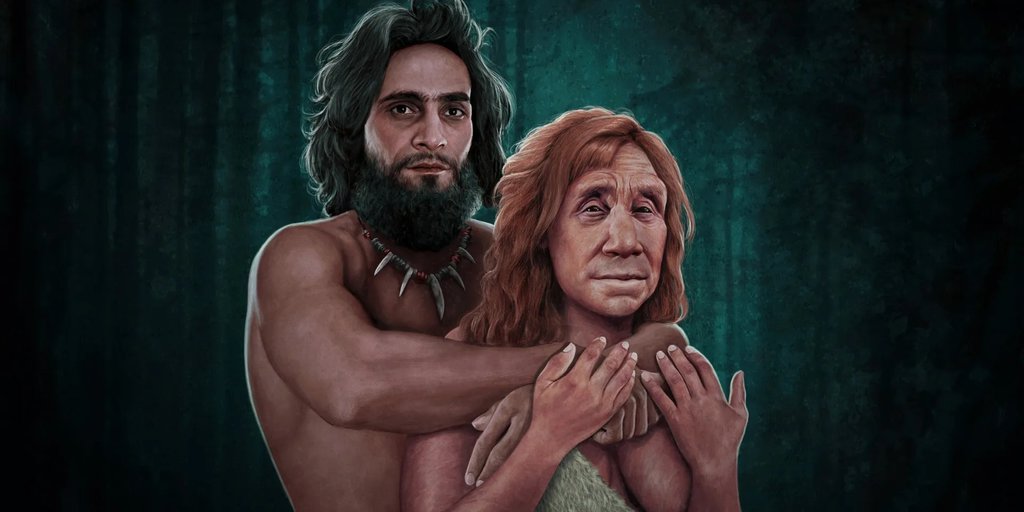The Promise of Technological Innovation in Mental Health
Advancements in technology are poised to transform the landscape of mental health diagnoses, offering faster and more objective assessments to both patients and clinicians.

Traditional methods, often reliant on subjective surveys and lengthy diagnostic processes, are being supplemented by cutting-edge digital tools that promise to revolutionize mental health care delivery.
Innovations in Action: New Tools Reshaping Diagnosis
Senseye, a Texas-based platform, exemplifies this shift by developing a smartphone app that measures eye responses to detect PTSD. By analyzing how individuals interact visually with stimuli, such as their tendency to avoid distressing images, Senseye aims to provide early indicators of mental health conditions.
Similarly, Adaptive Testing Technologies has introduced CAT-MH and K-CAT, adaptive screening systems that tailor questions based on patient responses. These advancements not only streamline the diagnostic process but also aim to reduce misdiagnoses and improve treatment outcomes.
Challenges and Considerations for the Future
Despite these advancements, challenges remain. Questions linger about the reliability and inclusivity of these technologies across diverse demographics and conditions. Critics, including Jessica Jackson from the American Psychological Association, emphasize the need for rigorous scientific validation and transparency in data usage to ensure these tools effectively complement clinical expertise.
:focal(800x602:801x603)/https://tf-cmsv2-smithsonianmag-media.s3.amazonaws.com/filer_public/e1/05/e105d9e9-0802-4b1e-b2a5-8f1cafb247c9/mentalhealthtec-v2_web.jpg)
Moreover, concerns about data security, liability, and the potential for technology to overlook nuanced clinical insights underscore the cautious optimism surrounding these innovations. As the field progresses, balancing technological capabilities with ethical considerations will be crucial to realizing the full potential of digital tools in mental health care.
How Your Health May Depend on Neanderthal DNA
The Surprising Link Between Neanderthal DNA and Modern Health
You might be surprised to learn that our ancient Neanderthal ancestors, who lived tens of thousands of years ago, still have an impact on our health today. Scientists have discovered that many people carry small amounts of Neanderthal DNA in their genomes. This is because, long ago, Neanderthals and modern humans interbred. These genetic remnants can influence various aspects of our health, from our immune systems to our risk for certain diseases.

Research has shown that some Neanderthal genes help our bodies respond to infections and environmental changes. For example, certain immune system genes inherited from Neanderthals can make us more resistant to pathogens. On the flip side, other Neanderthal genes may increase our susceptibility to conditions like allergies, depression, and even nicotine addiction. Understanding these genetic influences can help scientists develop better treatments and preventative measures for modern health issues.
Specific Health Impacts of Neanderthal Genes
The presence of Neanderthal DNA in our genomes can have both positive and negative effects on our health. For instance, some Neanderthal genes enhance our ability to detect and respond to viral infections, giving us a stronger immune defense. This genetic advantage might have been crucial for our ancestors’ survival in harsh environments filled with unknown pathogens.
However, not all Neanderthal genes are beneficial. Certain genetic variants linked to Neanderthals have been associated with an increased risk of autoimmune diseases, where the immune system mistakenly attacks the body. Additionally, Neanderthal DNA has been connected to a higher likelihood of developing allergies, as well as mood disorders such as depression and anxiety. These genetic traits may have once offered survival advantages in prehistoric times but can pose health challenges for modern humans.
The Future of Neanderthal DNA Research
As scientists continue to explore the impact of Neanderthal DNA on our health, they are uncovering new ways to apply this knowledge to medical research and treatment. By studying how these ancient genes influence modern health conditions, researchers hope to develop personalized medicine approaches that consider an individual’s unique genetic makeup, including their Neanderthal heritage.

For example, understanding the genetic links between Neanderthal DNA and autoimmune diseases could lead to new therapies that specifically target these ancient genes. Similarly, insights into how Neanderthal DNA affects mental health could pave the way for better treatments for depression and anxiety. As our knowledge of genetics and ancient human history expands, so too does our ability to tackle contemporary health challenges in innovative and effective ways.
The legacy of our Neanderthal ancestors lives on in our DNA, influencing various aspects of our health. By delving into the ancient genetic connections we share with Neanderthals, scientists are opening up new frontiers in medical research and treatment. This fascinating area of study not only sheds light on our evolutionary past but also holds the promise of improving our health and well-being in the future.